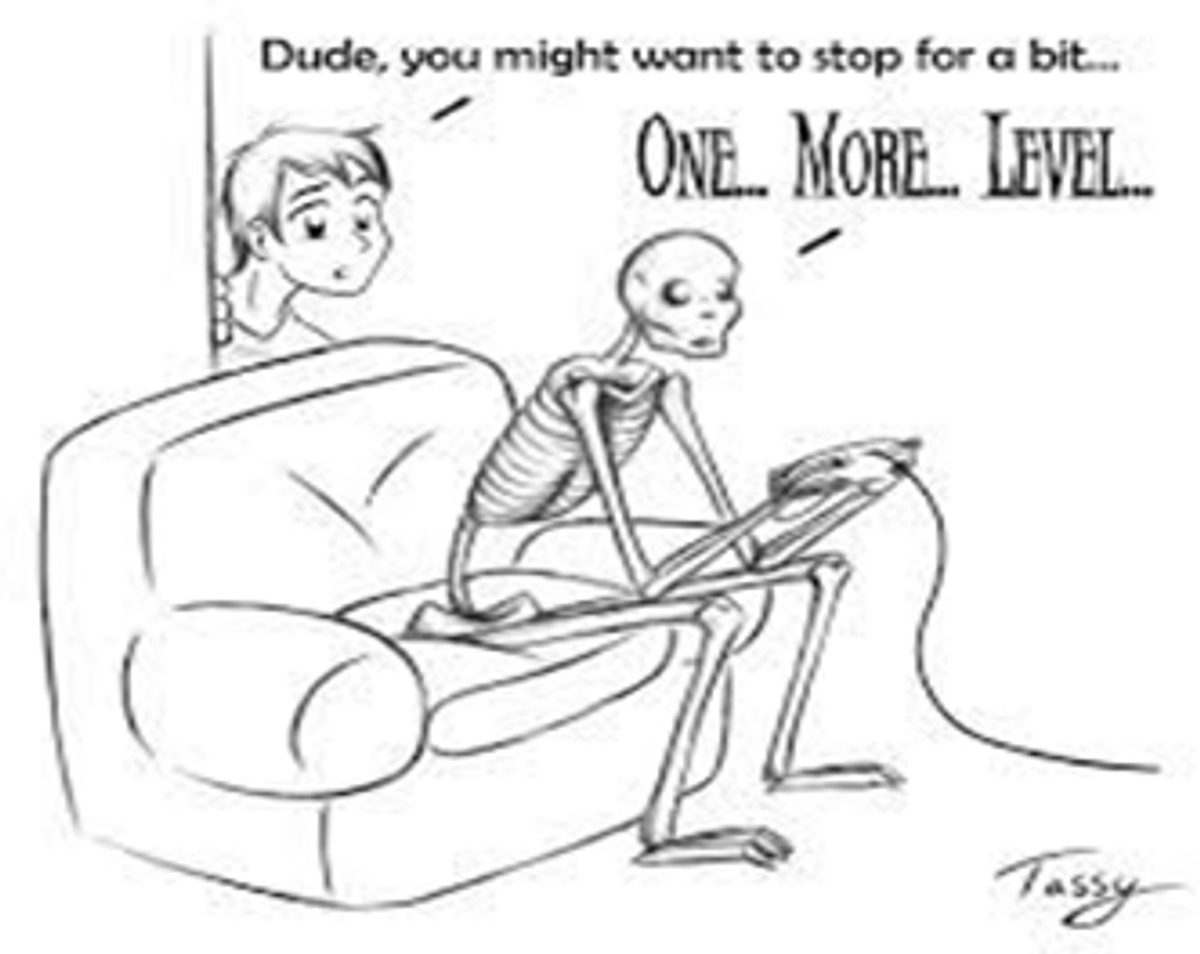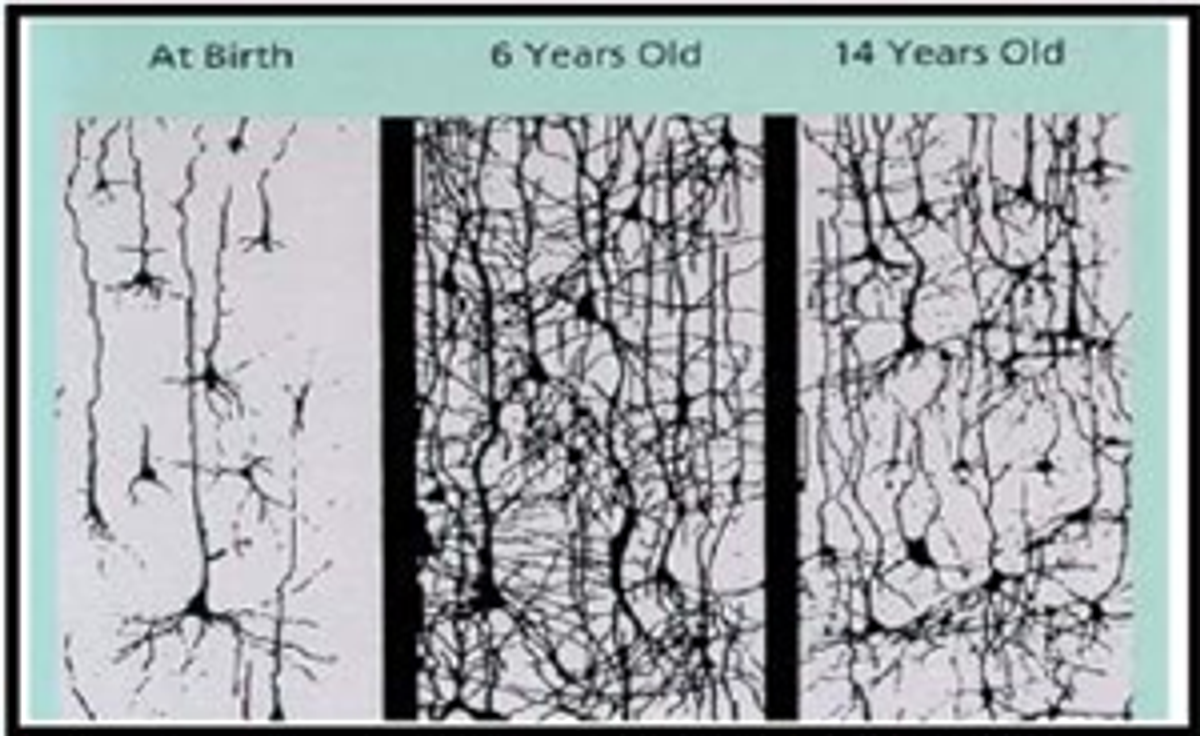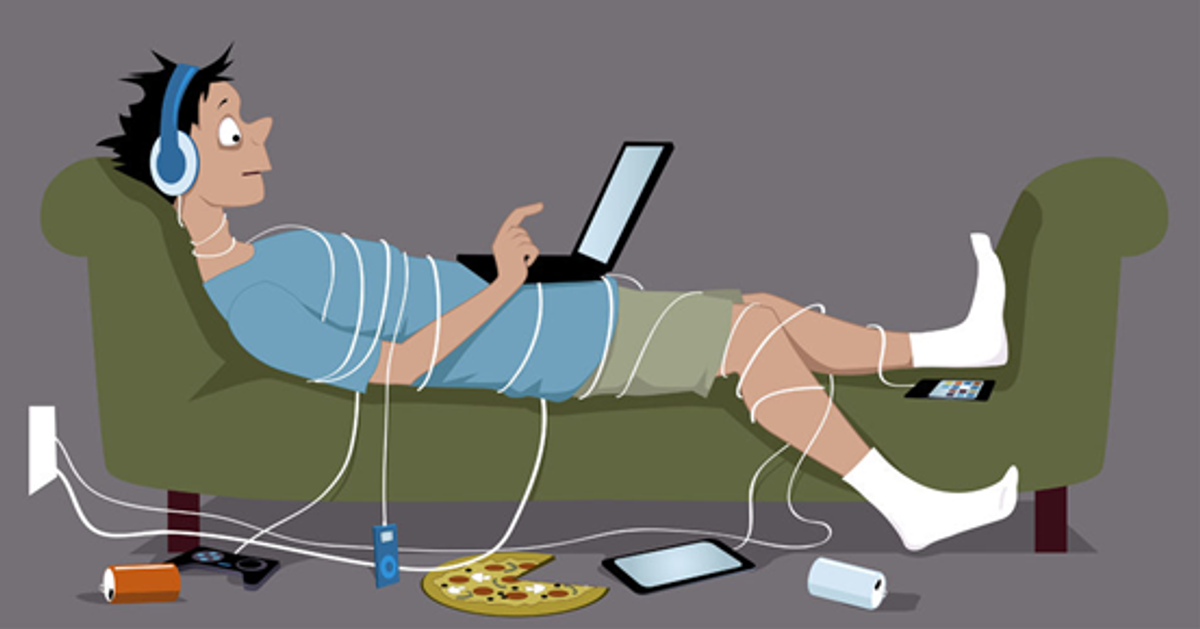Wellbeing Corner

At the Year 7 Information Evening this term, I delivered an information session on Teenage Screen Use. It included gaming survey results from our current Year 7. For those parents who could not be with us on the night the main points were as follows:
Teenage Screen Use:
Early childhood and the teenage years are very important times for brain development. The brain is making connections every second of every day based on our experiences. Our feelings and memories are constantly changing to incorporate what we learn, second by second. This is reflected in the neural networks that are created.
The teenage brain is constantly under construction, the connections that are most frequently used become more efficient, while the connections that are not used are pruned as the brain recognises these as unwanted.
“If an adolescent is doing music, sports or academics, those are the connections that will be hard wired. If they’re lying on the couch or playing video games, those are the cells and connections that are going to survive.” - Jay Gledd (Chief of Brain Imaging – Child Psychiatry Branch, National Institute of Mental Health)
The impacts of lost neural connections include; decline in planning, prioritising, organising, impulse control, empathy, depth and quality of relationships.
There are also links to violent behaviour.
Studies show that 13-18 year olds are averaging:
- 8 hours 56 minutes of media
- 6 hours 40 minutes of screen time
- Majority play video games
- 10% of kids play more than 4 hrs per day.
We surveyed our own Year 7 students. Their screen time reflected these averages:
1. Internet Gaming Disorder is now being spoken about in research terms in the same context as drug and alcohol addictions. The World Health Organisation has officially classified Gaming Disorder as a new disease for 2018.
2. Studies show that people with Internet Gaming Disorder have their brain pathways triggered in the same way a drug addict’s brain is affected by a particular substance. The symptoms include; changes in mood, alleviation of distress, poor tolerance, withdrawal, and continuation despite negative consequences such as falling behind in academic studies, loss of sleep or feeling physically ill.
3. Gaming has many attractive features to young adolescents such as a feeling of control and mastery, instant reward for low effort, achievement, pride and a connection to others.
4. Gaming addiction is not determined by the amount of hours played but by other factors such as:
- Skipping social events (family dinner, training)
- Thinking or dreaming about video games when not playing them
- Loss of interest in other activities
5. The warning signs to look out for are:
- withdrawal from other activities
- increased time in their room
- irritability, tiredness
- decline in mental and physical functioning
- decline in grades.
6. When teenagers are exposed to video games, the content matters. Many video games are very graphic and the censorship classification should be heeded by parents and carers.
7. When teenagers play violent video games there can be both long and short-term effects. These include:
- Increases in aggressive behaviour
- More fearful
- Overestimate the likelihood of being a victim
- Emotional desensitisation to violence
- Less concerned about others’ suffering
- Tolerate increasing levels of violence in the world around them
What can you do? Advice to parents from the experts -
- ‘Healthy’ supervision
- Pro-active parenting- know what your children are playing and for how long.
- Balance with ‘real world’ activities
- Commitment to schooling
- Basic needs met in everyday life (belonging, control, self-esteem etc.)
- Consider parental control apps that limit screen time for kids. You can block or grant access from anywhere through your own mobile phone.
If you have concerns about you child and their gaming habits, the following website has further information:



